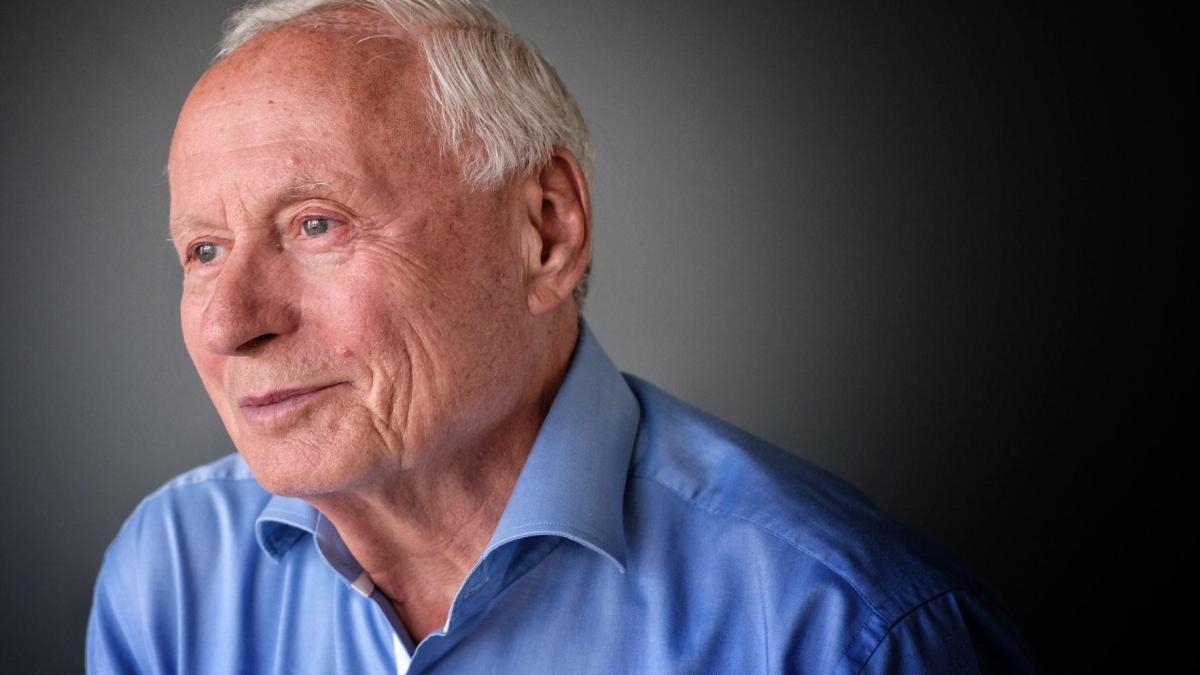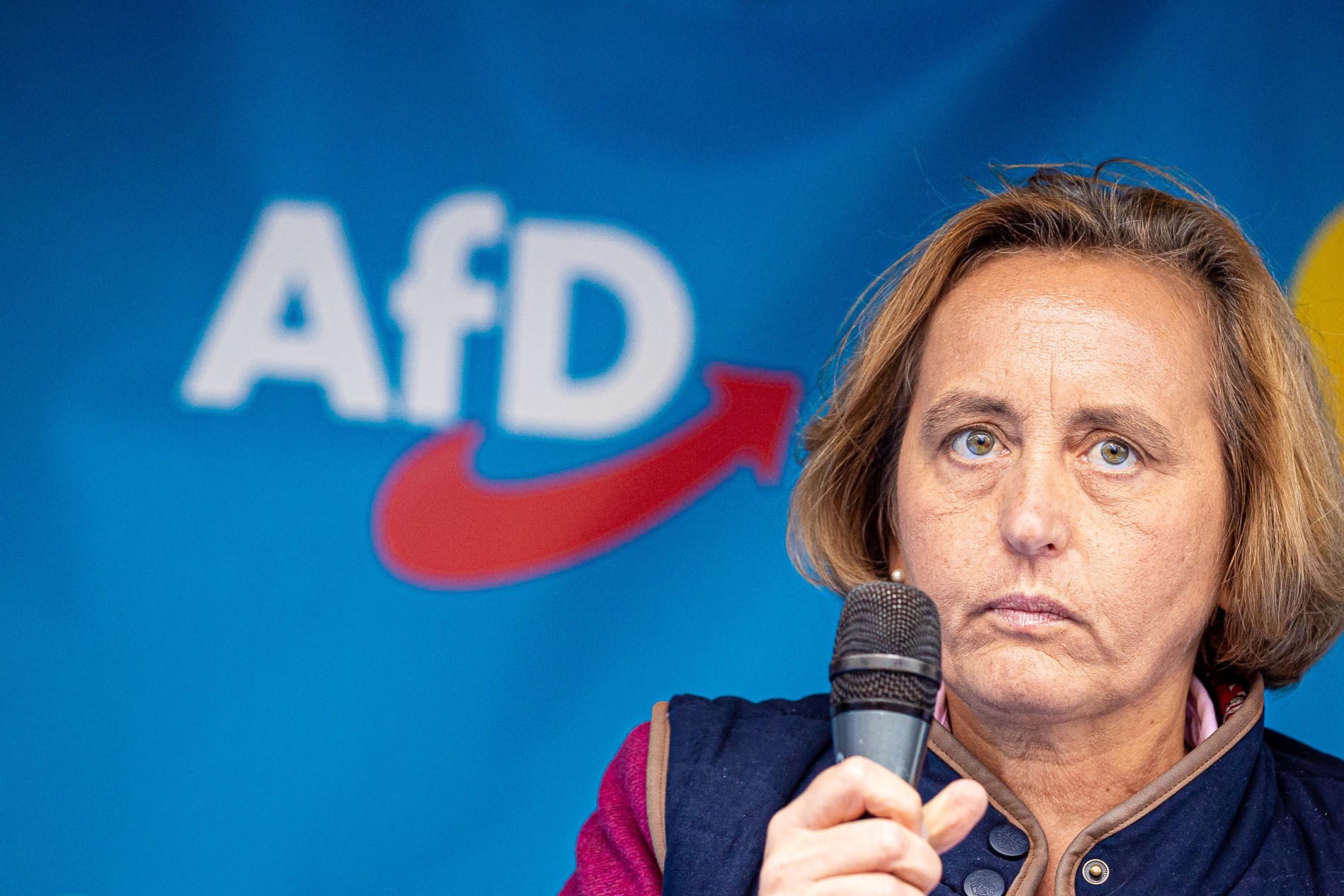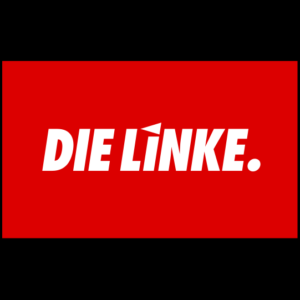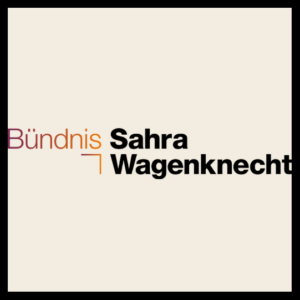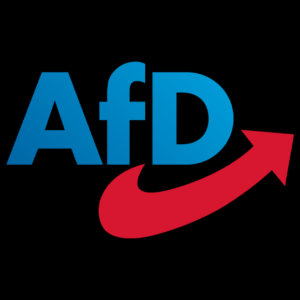To the right, in the spring of 2013, Alternative for Germany (AfD) emerged, founded by former CDU politicians, business leaders, and economists. The party garnered attention for its notable presence of academics, earning them the early nickname “the professors’ party.” Their central message was that Germany should exit the Eurozone. Although narrowly missing entry into the German parliament in the fall of 2013, the following year saw success in the European Parliament elections as well as in most subsequent state elections.
Initially, AfD was eurosceptic but economically liberal. Gradually, the party became more anti-immigrant and nationalist, especially after Frauke Petry was elected as spokesperson in the summer of 2015. This shift also had consequences at the European level, as AfD, which had previously cooperated with the British Tories in the ECR group, moved towards the Austrian FPÖ. After the refugee crisis in the autumn/winter of 2015-16, AfD had significant successes in the state elections in the spring of 2016. The party then adopted a strong anti-Islam agenda, asserting that Islam did not belong in Germany. At the same time, they demanded the lifting of sanctions against Russia.
In the 2017 election, AfD finally won seats at the federal level with almost 13 percent of the vote. After the election, Petry left to form a new party (which failed), which resulted in another shift towards a more radical direction.
Leading representatives of AfD have made a series of drastic statements. Beatrix von Storch, the deputy leader (and granddaughter of Hitler’s finance minister), for example, advocated for the police to shoot at women and children trying to cross the border into Germany (although she later claimed that her computer mouse had slipped. Von Storch also criticized the police in Cologne, who had tweeted a New Year’s greeting in Arabic, accusing them of appeasing ‘barbaric, gang-raping Muslim hordes of men’. Parliamentarian Alice Weidel defended von Storch, stating that the German authorities ‘submit to imported, marauding, groping, beating, knifing migrant mob’.
In the election in September 2021, AfD lost 2.3 percentage points, remaining at its second-best election result ever: 10.6 percent. Additionally, the fascist NPD had its worst election ever, receiving only 0.1 percent of the vote. Shortly after the election, AfD began to grow again in the polls. The party now consists of a national-conservative faction and a more identitarian and radically anti-immigration one. Björn Höcke, seen as one of the leading representatives of this identitarian faction, has criticised and ridiculed the Holocaust Memorial in Berlin: “Germans are the only people in the world who plant a monument of shame in the heart of the capital”, “laughable policy of coming to terms with the past”.
In June 2023, Robert Sesselmann was elected mayor of Sonneberg in Thuringia, a smaller city with 57,000 inhabitants. It was the first time an AfD candidate won a local election. Sesselmann won in the first round, with low voter turnout. In the second round, all other parties united against him, voter turnout increased, but Sesselmann won with even greater support. This sparked a debate in Germany about the strategy of isolating versus cooperating with the party. In July, Friedrich Merz, the new leader of the CDU, opened up to the idea of cooperating with the party locally, triggering strong reactions within the party. I January 2025, just a few weeks ahead of the snap elections, CDU/CSU voted together with AfD in the Bundestag for the very first time, on tightening migration rules, triggering strong reactions.
AfD’s lead candidate in the EP election in 2024, Maximilian Krah, hails from the party’s right-wing faction and has gained notoriety for his posts on TikTok, where he suffered a ban after spreading conspiracy spread conspiracy theories about population replacement. He has also asserted that “multicultural means multicriminal” and criticized Pride flags.




